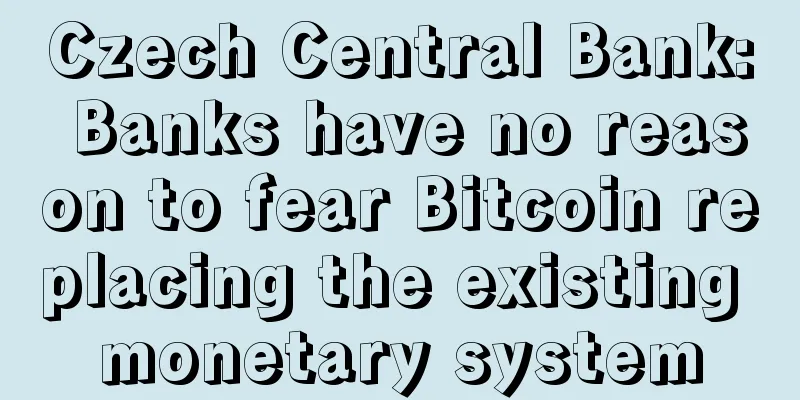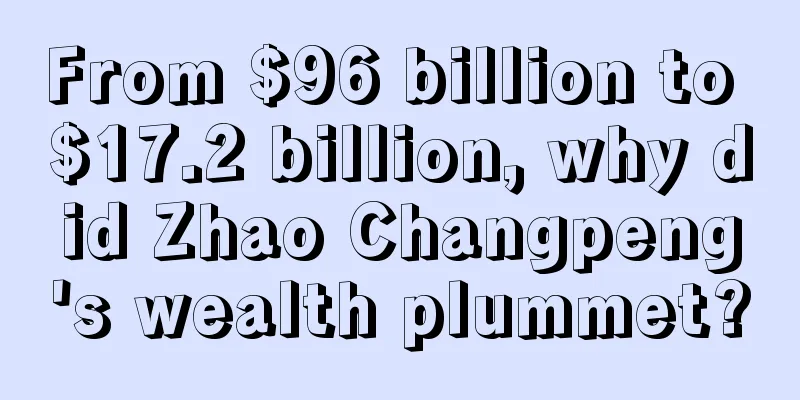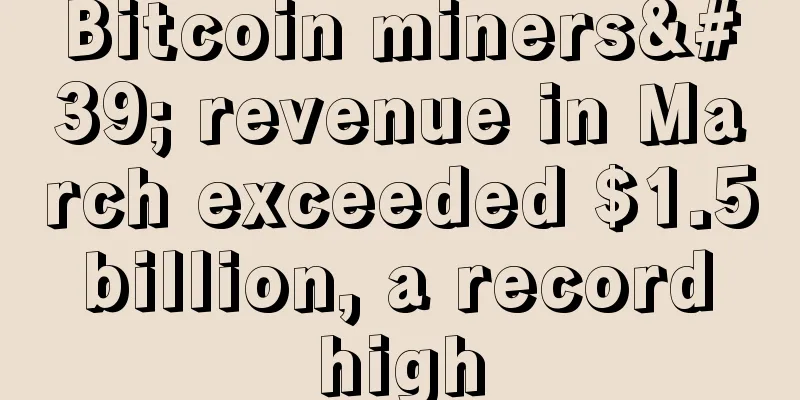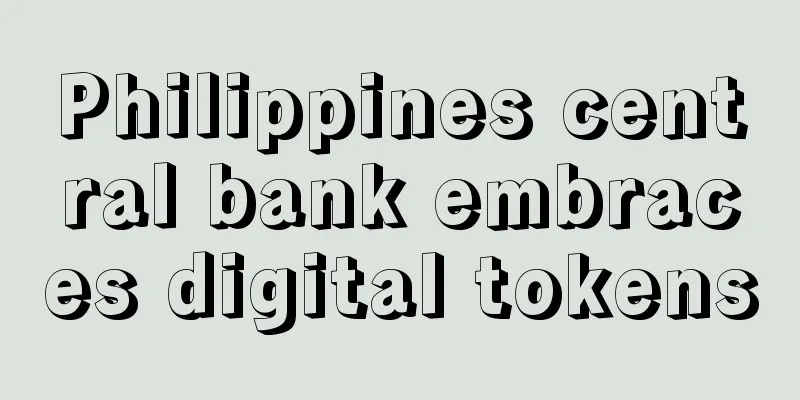Czech Central Bank: Banks have no reason to fear Bitcoin replacing the existing monetary system

|
The Czech National Bank (Czech Central Bank) has published a statement on Bitcoin and other cryptocurrencies on its official website. The document discusses the popularity of Bitcoin in Prague, the capital of the Czech Republic, and other parts of the country, as well as whether cryptocurrencies pose a threat to the traditional banking system, and argues that fiat currencies perform better than Bitcoin in terms of price volatility. Czech National Bank: Banks have ‘no reason to fear’ BitcoinThe Czech National Bank’s statement on cryptocurrencies, titled “Don’t be afraid of Bitcoin,” seeks to address popular narratives about Bitcoin and cryptocurrencies as a potential threat to the existing monetary system. The document begins by noting that “Prague is home to a strong community of cryptocurrency supporters and users.” The statement then turns its focus to “questions about whether institutions like the Czech National Bank should be afraid of Bitcoin, and whether Bitcoin and other cryptocurrencies will crowd out traditional currencies.” The Czech National Bank stated that "banks have no reason to fear Bitcoin and other cryptocurrencies". The adoption of virtual currencies was described as "negligible in size and scope", and it was considered that "the total amount of electronic transactions in Bitcoin worldwide accounts for only 16% of electronic transactions in the Czech koruna (a currency with only 10.5 million users). Bitcoin described as antithesis to Czech monetary systemThe document argues that Bitcoin does not qualify as a proper mainstream monetary commodity because its price fluctuates constantly. A good currency is considered to have a stable purchasing power. The Czech National Bank argues that due to Bitcoin’s fixed supply, its volatility is “inherent”. Bitcoin is described as “the antithesis of the Czech flexible monetary system, which is based on the principle that in order to keep the purchasing power of money relatively constant, the amount of money must be flexible over time.” Price volatility is considered “the most advantageous feature of the current form of money,” and the bank says there is “no reason to fear that our existing monetary system will be replaced by an alternative with a fixed supply. |
<<: Bitcoin Cash (BCC) is launched. Who will push it onto the "dragon throne" of Bitcoin?
Recommend
What changes will EIP-1559 bring to Ethereum? Industry experts discuss their views
Recently, EIP-1559 has attracted much attention a...
Is Bitcoin about to enter the "halving danger period"? What do industry insiders say?
One analyst says Bitcoin could be just days away ...
Beware of illegal fundraising, pyramid schemes and other scams in the name of "blockchain" and let the market return to rationality
Last night, CCTV's "Focus Interview"...
Ukraine legalizes the crypto industry and fully launches the virtual asset market
At around 11 p.m. Beijing time on March 16, the o...
Judging a person's fate from his feet
In Chinese physiognomy, there are numerous articl...
What is the relationship between the length of the middle finger and wealth?
How does the middle finger specifically affect a ...
Crypto Market in 2022
2021 is a hot year for the crypto market, but wha...
What do the differences in the three main lines of both hands represent?
The marks on the palm of your hand vary not only ...
Palmistry fortune telling illustration of rich people's palms
Palmistry fortune telling illustration, rich peop...
Which facial features are most suitable for being an official? Which facial features are most suitable for being an official?
By looking at a person's face, you can tell w...
Bitcoin in Hong Kong
The 2014 Internet Finance Innovation CEO Summit a...
The reason why Polkadot cannot replace Ethereum
Recently, Polkadot has become a hot topic in the ...
Shangen detailed explanation of the lines on the Shangen what does it mean
The bridge of the nose mentioned in physiognomy i...
Bank of Canada Deputy Governor Talks About Monetary Policy Innovation, Mentions Bitcoin
According to the Vancouver Sun, the Bank of Canad...
Illustration of noble woman's face
Every woman hopes to be a noble person, and wheth...









